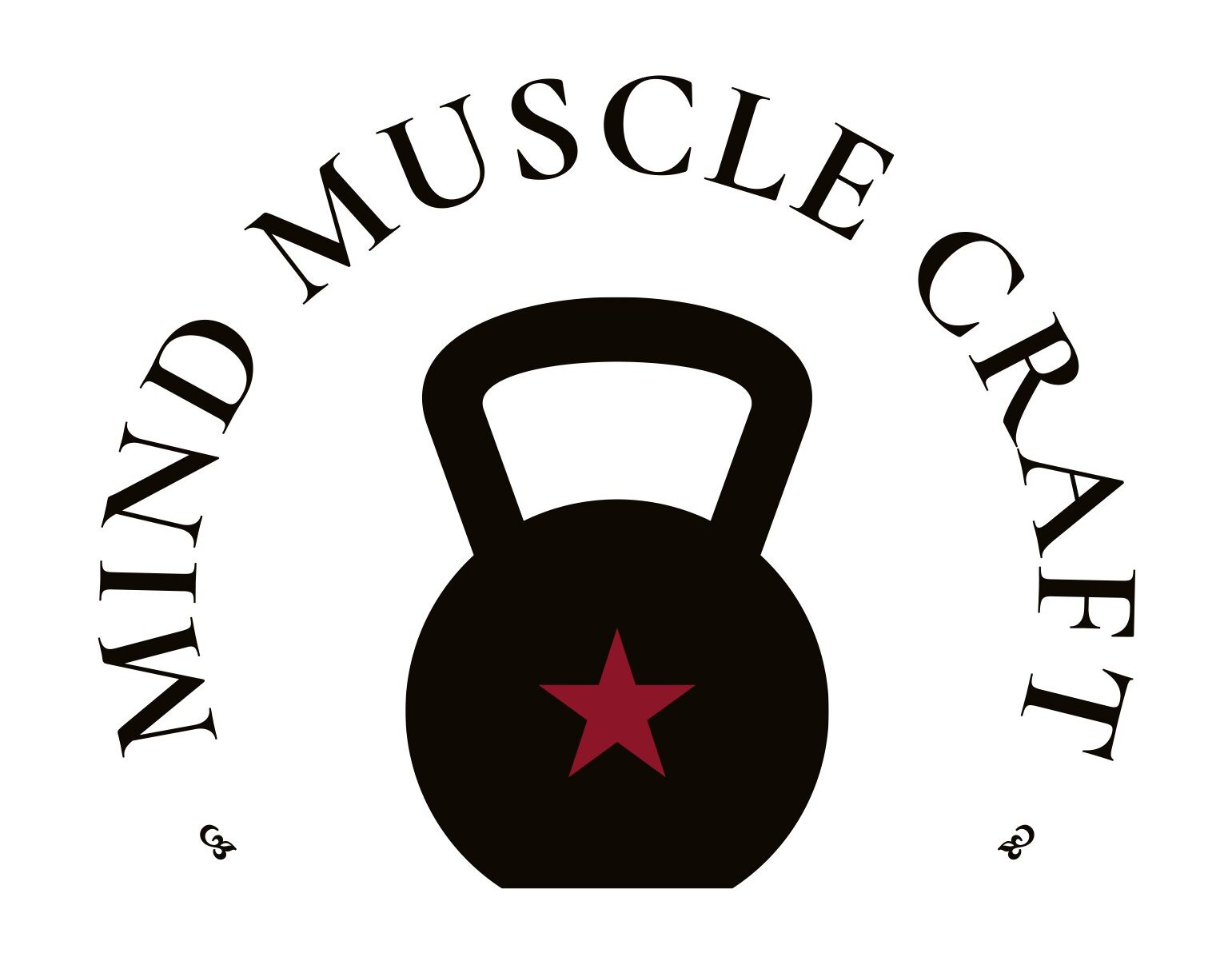Achieving Lasting Health: The Importance of a Gradual Approach to Weight Loss
Introduction:
Embarking on a weight loss journey requires a thoughtful and patient approach. Rushing the process can have potential drawbacks and jeopardize long-term success. It’s crucial to understand that sustainable weight loss is not about how fast you reach your goal but about creating lasting habits for a healthier life.
The Pitfalls of Rapid Weight Loss:
When individuals strive to attain their goal weight too quickly, they often turn to extreme measures such as very low-calorie diets or excessive exercise. While these methods may yield rapid initial weight loss, they are usually unsustainable in the long run. Rapid weight loss may result in the loss of muscle mass and other adverse health effects, making it challenging to maintain such an intense regimen over time and increasing the likelihood of relapse.
The True Measure of Success:
Success in losing body fat extends beyond the initial weight loss. It is measured by the ability to sustain that loss over an extended period, contributing to long-term health and well-being.
Balanced and Gradual Approach:
Consider an individual with a goal weight of losing 20 pounds. Instead of opting for a crash diet promising rapid results, they choose a balanced and gradual approach. Focusing on a moderate caloric deficit, regular physical activity, and healthier eating habits, they may not experience the fastest weight loss, but they are more likely to establish sustainable habits. This approach is healthier for the body and easier to maintain over the long term, avoiding the pitfalls associated with extreme and unsustainable weight loss methods.

Safe Rate of Weight Loss:
A safe rate of weight loss is generally considered to be around 1 to 2 pounds per week, supported by health professionals and organizations such as the CDC and WHO. Losing as little as 10 percent of your current body weight can bring health benefits. Once this initial goal is met, maintaining the weight loss for three to six months before considering additional weight loss allows the body to adjust and reinforces the behaviors that led to success.
Advantages of Moderate and Steady Weight Loss:
- Sustainability: A moderate rate of weight loss is more likely to be sustainable, fostering the adoption of healthy lifestyle changes.
- Preservation of Lean Mass: Slower weight loss helps the body preserve lean muscle while primarily targeting fat stores.
- Nutrient Intake: Gradual weight loss allows for a balanced and nutrient-dense diet, avoiding the compromises associated with extremely low-calorie diets.
- Behavioral Adaptation: A gradual approach facilitates the adaptation to new eating and exercise habits, increasing the likelihood of long-term adherence.
Individual Considerations:
It’s essential to recognize that individual factors, including age, starting weight, and overall health, can influence the rate of weight loss. Before initiating any weight loss plan, consulting with a healthcare professional or a registered dietitian is advisable to ensure the approach is safe and suitable for specific needs. Sustainable lifestyle changes, including a balanced diet and regular physical activity, are crucial for achieving and maintaining a healthy weight.


Recent Comments